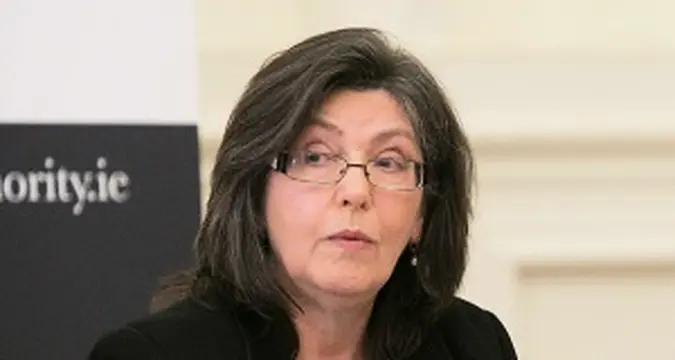The Pensions Commission chair, Josephine Feehily has said that the fact Irish people are living longer and healthier lives should not be viewed as “a problem”, but it should be something that is planned for and managed.
Speaking on RTÉ radio’s News at One where she was explaining the options set out in the Commission’s report launched on Thursday, Ms Feehily called for more information to be made available to the public about the age at which people would qualify for the State pension.
“We are suggesting the [retirement] age should go to 68, but more gradually and slowly”, she added.
“The entire report is based on the principles of social solidarity”, meaning all of society should contribute. This was an inter-generational issue and it was not fair to expect young people to pay for everything, she added.
“We're essentially saying, if as a society we want to make sure that our older people have an adequate pension for as long as they need it, then all of society should contribute.
"There's an inter-generational piece involved here. Quite often older people are somewhat more comfortably off, and expect younger workers to pay more in order to keep pensioners. This seems to us to be a bit uneven and so we want everybody to contribute to the funding of this deficit."
Pension gap
Ms Feehily said there were people who wanted to work beyond the age of 65, and they should have that option. The gap between people forced to retire at 65 and receiving their State pension at 66 needed to be closed, she added.
Under European law people have the right to stay at work beyond the age of 65.
The Government had to make policy choices about how to fund services, she said and there is no prospect of money running out, she explained. If necessary, the Government could borrow more money, raise taxes or cut services, but the Commission did not want to see that happen.
Paying for pensions could be planned in advance so there could be certainty that there would be an adequate amount “to keep people out of poverty”.
It was a social requirement that the basic pension would keep people out of poverty, which was judged to be 34 per cent of the average earning. That figure should be reviewed annually, Ms Feehily said, and it should determined by an independent source so as to avoid uncertainty.







